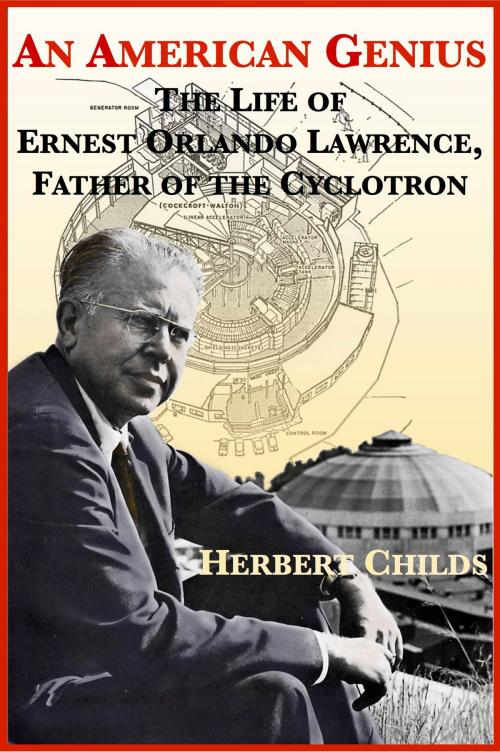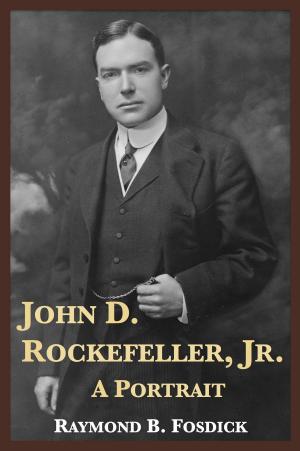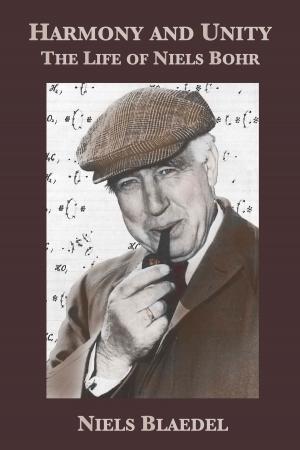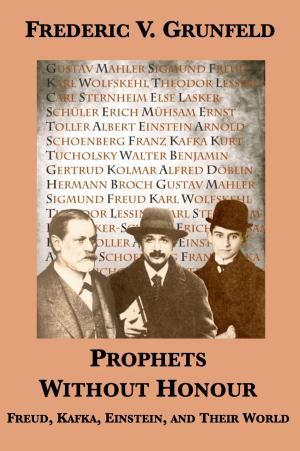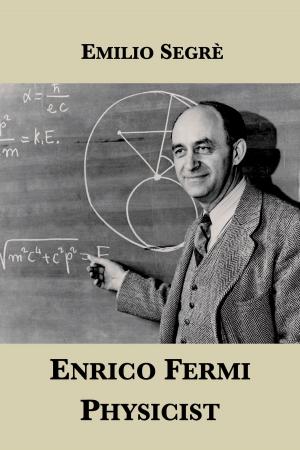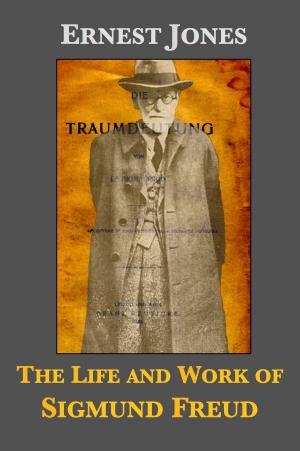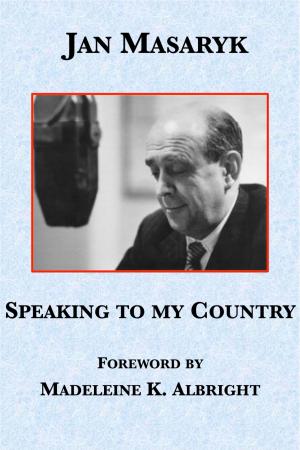An American Genius: The Life of Ernest Orlando Lawrence, Father of the Cyclotron
Nonfiction, Science & Nature, Science, Physics, Nuclear Physics, History, Military, World War II, Biography & Memoir| Author: | Herbert Childs | ISBN: | 1230002113890 |
| Publisher: | Plunkett Lake Press | Publication: | January 23, 2018 |
| Imprint: | Language: | English |
| Author: | Herbert Childs |
| ISBN: | 1230002113890 |
| Publisher: | Plunkett Lake Press |
| Publication: | January 23, 2018 |
| Imprint: | |
| Language: | English |
Born and raised in a small South Dakota prairie town, Ernest Orlando Lawrence (1901-1958), the grandson of Norwegian immigrants, was educated in country schools and attended the universities of South Dakota, Minnesota, and Chicago before obtaining his PhD at Yale in 1925. At age 29, he became the youngest full professor in the history of the University of California at Berkeley. He received the Nobel prize in 1939 for his invention of the cyclotron which became an essential tool during the Manhattan project to enrich uranium via electromagnetic separation at Oak Ridge, Tennessee. Lawrence founded and directed Berkeley’s Radiation Laboratory, where ever more powerful cyclotrons were built for basic research and to produce radioisotopes for medical and industrial uses. With Edward Teller, he advocated for the creation in 1952 of the Livermore National Laboratory to spur innovation, provide competition to Los Alamos and focus on the development of thermonuclear weapons. Lawrence had a lasting influence on American physics as the mentor and inspiration of a whole new generation of scientists, and through his role advising the top echelons of American government, research, and industry. When he died, at the age of 57, President Eisenhower said that, in a real sense, Lawrence had given his life for his country.
“A remarkable book... must reading for anyone in the scientific or engineering development fields, whether he be a scientist, a researcher, a developer, or even a student still full of dreams of achievement... Throughout the book, the author has constantly brought out the qualities that made Ernest great...” — General Leslie R. Groves, former head of the Manhattan project
“A detailed record of the life of an extraordinary man... The author was able to draw on vivid recollections of some 800 people who had known Lawrence and could provide what amounts to a series of detailed eyewitness accounts of important events in Lawrence’s life... a unique and valuable biography... those who have some memory of [Lawrence] will find this book fascinating, and historians will find it a rich source.” — Philip H. Abelson, Science
“No other biography portrays so well the atmosphere of scientific research in America during the transition from small laboratories [...] to gigantic institutions... Herbert Childs has made the story of Lawrence’s life, and of his many accomplishments, into a story that can be appreciated by any intelligent reader, and is at the same time a most valuable addition to the scholarly history of science... Herbert Childs’ inspiring story of a great and generous pioneer and leader of modern physics, is a definitive account of an era that was, and will remain, unique in the history of science.” — Mark L. Oliphant, Physics Today
“This is an extraordinary book about an extraordinary man... it provides a picture almost without parallel of the life and actions of a great man of science.” — Ralph E. Oesper, Journal of Chemical Education
Born and raised in a small South Dakota prairie town, Ernest Orlando Lawrence (1901-1958), the grandson of Norwegian immigrants, was educated in country schools and attended the universities of South Dakota, Minnesota, and Chicago before obtaining his PhD at Yale in 1925. At age 29, he became the youngest full professor in the history of the University of California at Berkeley. He received the Nobel prize in 1939 for his invention of the cyclotron which became an essential tool during the Manhattan project to enrich uranium via electromagnetic separation at Oak Ridge, Tennessee. Lawrence founded and directed Berkeley’s Radiation Laboratory, where ever more powerful cyclotrons were built for basic research and to produce radioisotopes for medical and industrial uses. With Edward Teller, he advocated for the creation in 1952 of the Livermore National Laboratory to spur innovation, provide competition to Los Alamos and focus on the development of thermonuclear weapons. Lawrence had a lasting influence on American physics as the mentor and inspiration of a whole new generation of scientists, and through his role advising the top echelons of American government, research, and industry. When he died, at the age of 57, President Eisenhower said that, in a real sense, Lawrence had given his life for his country.
“A remarkable book... must reading for anyone in the scientific or engineering development fields, whether he be a scientist, a researcher, a developer, or even a student still full of dreams of achievement... Throughout the book, the author has constantly brought out the qualities that made Ernest great...” — General Leslie R. Groves, former head of the Manhattan project
“A detailed record of the life of an extraordinary man... The author was able to draw on vivid recollections of some 800 people who had known Lawrence and could provide what amounts to a series of detailed eyewitness accounts of important events in Lawrence’s life... a unique and valuable biography... those who have some memory of [Lawrence] will find this book fascinating, and historians will find it a rich source.” — Philip H. Abelson, Science
“No other biography portrays so well the atmosphere of scientific research in America during the transition from small laboratories [...] to gigantic institutions... Herbert Childs has made the story of Lawrence’s life, and of his many accomplishments, into a story that can be appreciated by any intelligent reader, and is at the same time a most valuable addition to the scholarly history of science... Herbert Childs’ inspiring story of a great and generous pioneer and leader of modern physics, is a definitive account of an era that was, and will remain, unique in the history of science.” — Mark L. Oliphant, Physics Today
“This is an extraordinary book about an extraordinary man... it provides a picture almost without parallel of the life and actions of a great man of science.” — Ralph E. Oesper, Journal of Chemical Education
